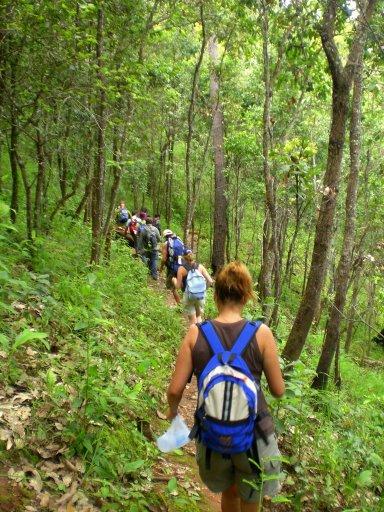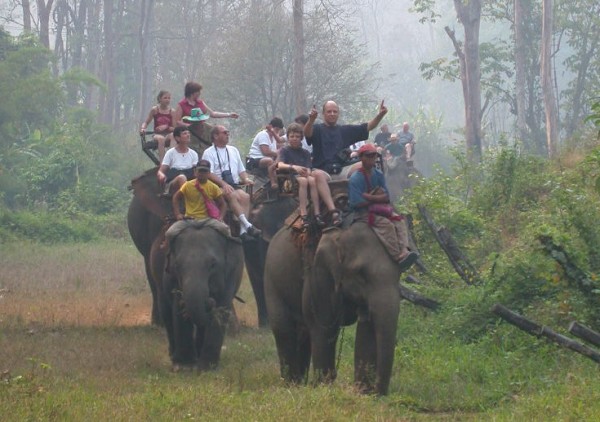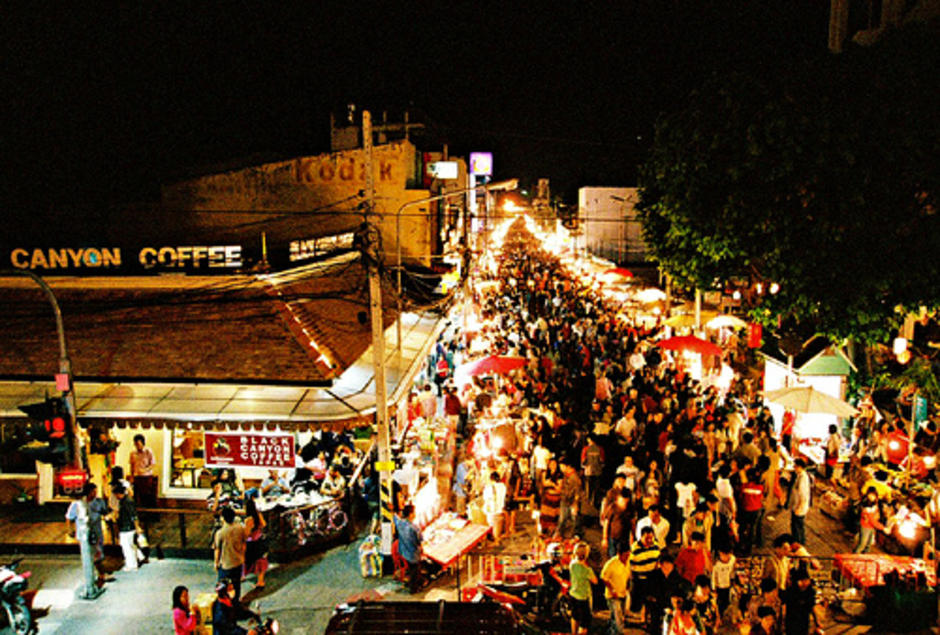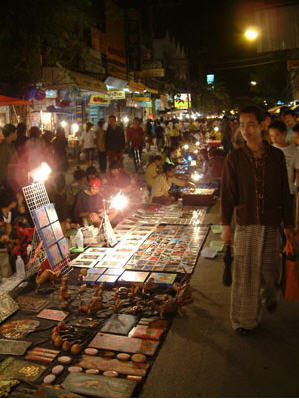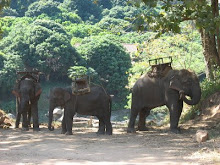
Whether you're looking for your very first job, switching careers, or re-entering the job market after an extended absence, finding a job whittles down to two main tasks: understanding yourself and understanding the job market. Presuming you've already chosen a career and are currently searching for jobs, here are several ways to actually get a job.

1. #Network. The best companies to work for tend to rely heavily (up to 40%) on employee referrals.[1]Make a list of all of your friends, relatives, and acquaintances. Call each one and ask them if they know of any openings that they could recommend you for. Don't be too humble or apologetic; tell them what you've been looking for, but let them know that you're flexible and that if they have any suggestions, you're open to them. This is not the time to be picky about jobs; a connection can often get your foot in the door, and you can negotiate pay or switch positions later, once you've gained experience and established your reputation.
2. Volunteer. If you aren't already, start volunteering for an organization that focuses on something that you're passionate about. You may end up doing boring or easy work in the beginning, but as you stick around and demonstrate your commitment, you'll be given more responsibilities. Not only will you be helping others, but you'll also be gaining references. You should emphasize your volunteer experience on your resume, as companies that treat their employees well tend to favor candidates who help the community somehow.[1]
3. Develop your personal elevator pitch. Many structured interviews, particularly those at large companies, start with a question like "tell me about yourself." The interviewer doesn't really want you to go back to grade school and talk about your childhood. This is a specific question with a specific answer...in two minutes or so, the interviewer wants to get you to relax and loosen out your vocal cords, understand your background, your accomplishments, why you want to work at XYZ company and what your future goals are.
4. Prepare for a behavioral interview. You might be asked to describe problems you've encountered in the past and how you handled them, or you'll be given a hypothetical situation and asked what you would do. They'll basically want to know how you'll perform when faced with obstacles in the position you're interviewing for. Be able to give honest, detailed examples from your past, even if the question is hypothetical (e.g. "I would contact the customer directly, based on my past experience in a different situation in which the customer was very pleased to receive a phone call from the supervisor"). You might find yourself listing facts--if so, remember that in this kind of interview, you need to tell a story. Some questions you might be asked are:
"Describe a time you had to work with someone you didn't like."
"Tell me about a time when you had to stick by a decision you had made, even though it made you very unpopular."
"Give us an example of something particularly innovative that you have done that made a difference in the workplace."
"How would you handle an employee who's consistently late?"
5. Research the company. Don't just "do an Internet search, memorize their mission, and be done with it." If it's a retail company, visit a few of their stores, observe the customers, and even strike up a few conversations. Talk to existing employees--ask them what it's like working there, how long the position has been open, and what you can do to increase your chances of getting it. Become familiar with the history of the company. Who started it? Where? Who runs it now? Be creative, and do whatever you think the other candidates don't have the guts to do.

6. Settle down. If you've moved around a lot, be prepared to offer a good reason for it. Otherwise, you'll need to make a good case for why you want to stick around in the area where the job is located. A company doesn't want to hire someone with wanderlust who still wants to relocate. Be prepared to outline why you are where you are today, how long you intend to stay there, and why. Give specific reasons like "This county has the best school systems in the entire state, and I have a daughter who might find the cure for cancer" or "I was drawn to this area because it's at the cutting edge of innovation for this business and I want to be a part of that." The more details, names, and specifics, the better.
7. Make a list of work-related skills you'd like to learn. Your employer will be interested in hearing about how you intend to become a better employee. Think about which skills will make you more competent in the position you're applying for. Public speaking, project management, team leading, and computer programs are usually beneficial. Find some books and upcoming conferences that would significantly improve your abilities. In an interview, tell the employer what you're reading and learning, and that you'd like to continue doing so.
8. Cold call. Locate a specific person who can help you (usually the human resources or hiring manager at a company or organization you're interested in). Call that person and ask if they are hiring, but do not become discouraged if they are not. Ask what kind of qualifications they look for or if they have apprentice or government sponsored work programs. Ask if you can send your resume indicating what field you want to go into. Indicate whether you would accept a lesser job and work up.
Reflect after each phone call on what went well and what did not. You may need to write out some standard answers on your list of skills so you can speak fluently. You may need to get some additional training to break into your chosen field. None of this means you cannot get a good job, only that you need to become further prepared to do so.
9. Change your attitude. There's a difference between making phone calls and going to interviews thinking "I'm looking for a job" versus "I'm here to do the work you need to have done".[2] When you're looking to get a job, you're expecting someone to give something to you, so you focus on impressing them. Yes, it's important to make a good impression, but it's even more important to demonstrate your desire and ability to help. Everything that you write and say should be preceded silently by the statement "This is how I can help your business succeed."
10. Fit the job to the skills rather than the other way around. Many people search for jobs, then try to see how they can "tweak" the way they present their own skills and experiences to fit the job description. Instead, try something different. Make a list of all of your skills, determine which kinds of businesses and industries need them most (ask around for advice if you need to) and find businesses that'll benefit from having you and your skills around. It's important the nature of the job fits your personality and salary requirements, otherwise you'll have spent a significant amount of time to find a day job you dread getting up for every morning. There are numerous online resources available for this, such as personality tests, guidance counselors, CareerCritique, etc.[2]
Warnings
If you're doing a thorough job search, you will get rejected sometimes. If you're not getting rejected, you're not putting yourself out there enough. And if you don't learn to see rejection as a chance to improve your approach, then you'll have a very difficult time getting a job.
From..."WikiHow"
supported by http://www.queenbeetours.com
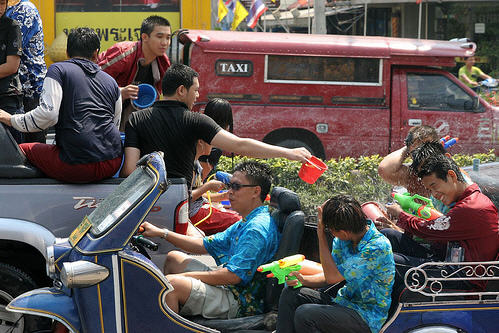
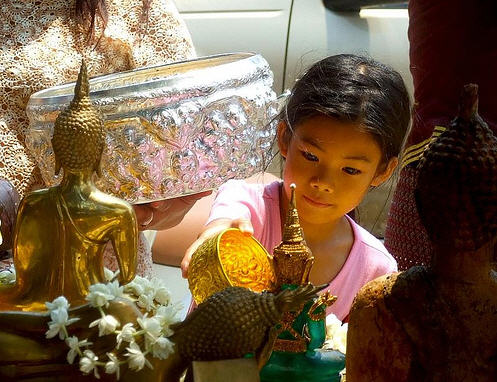
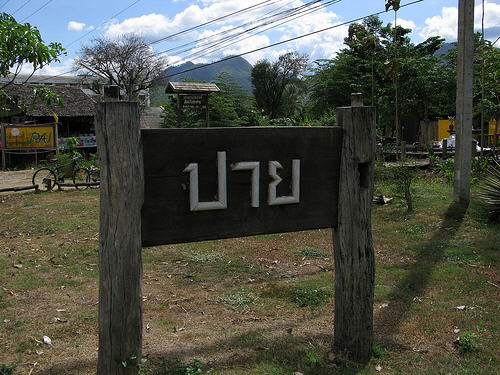
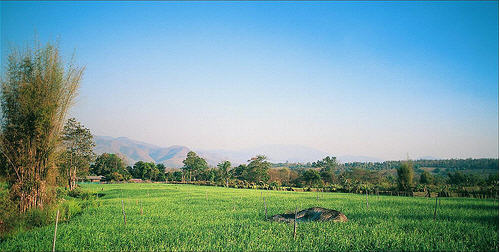
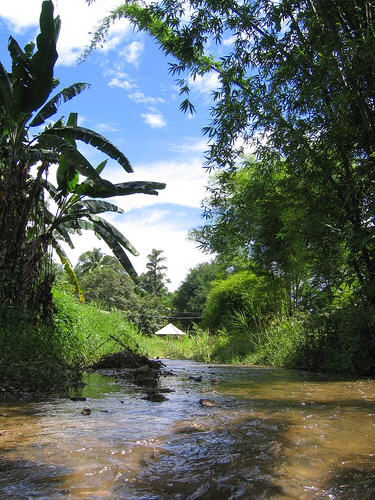
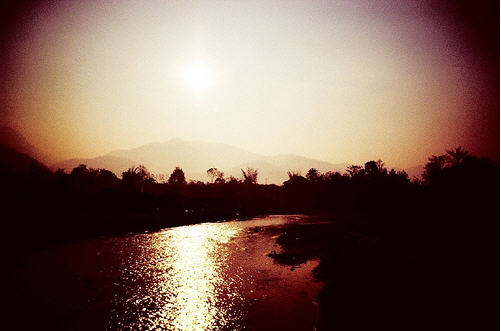

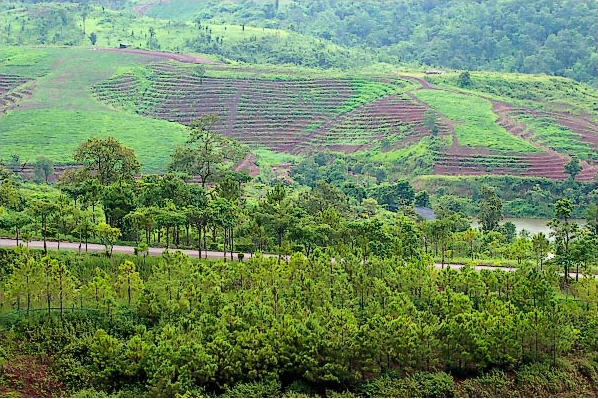
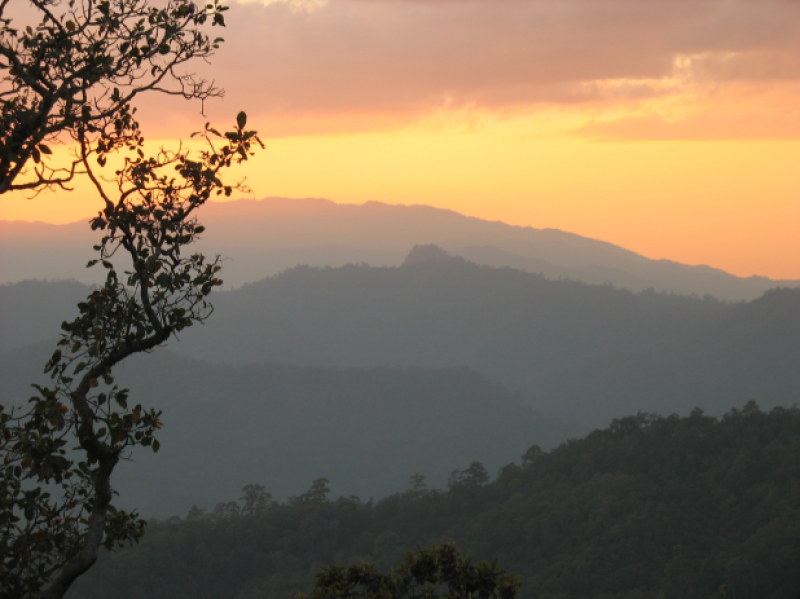 g>
g>
